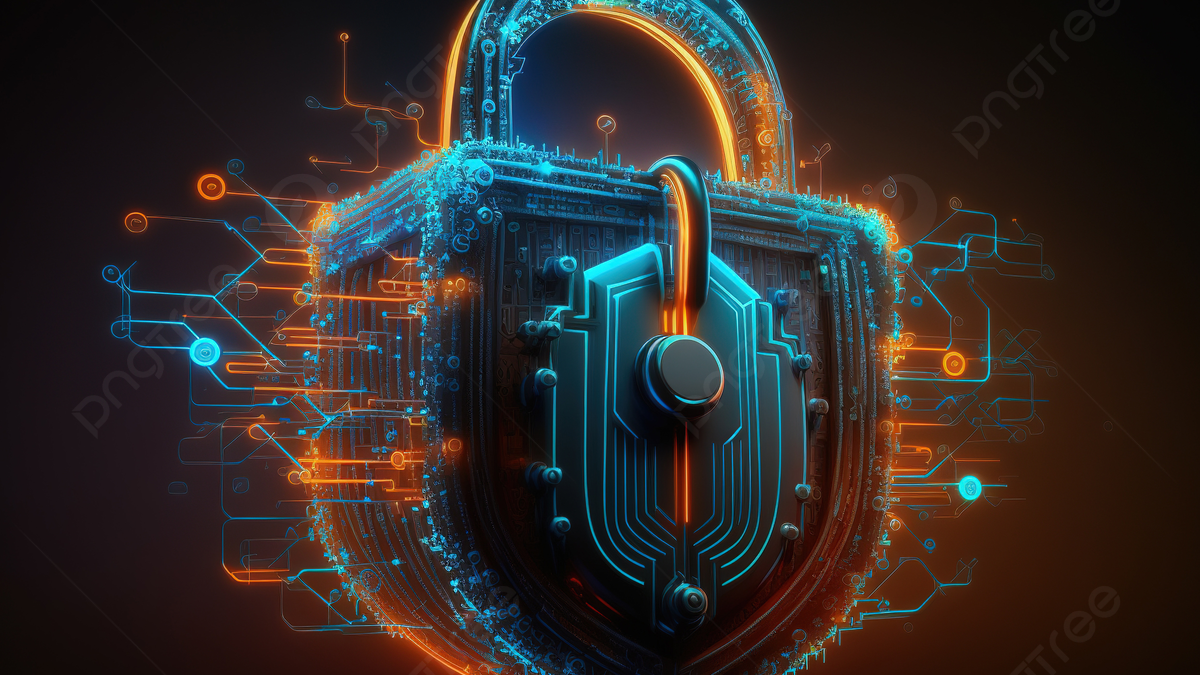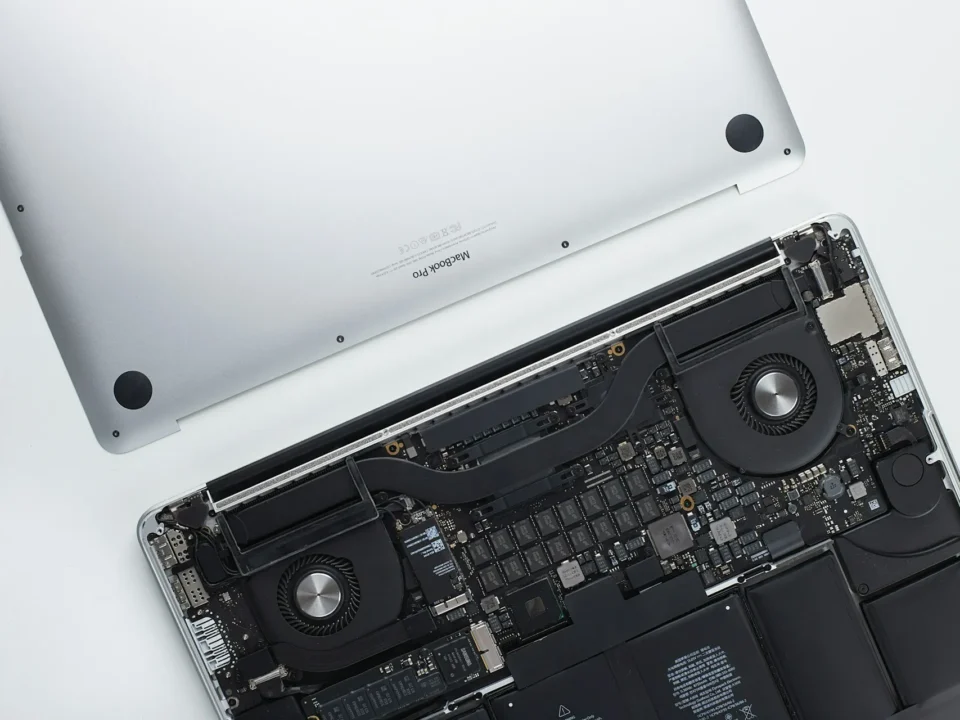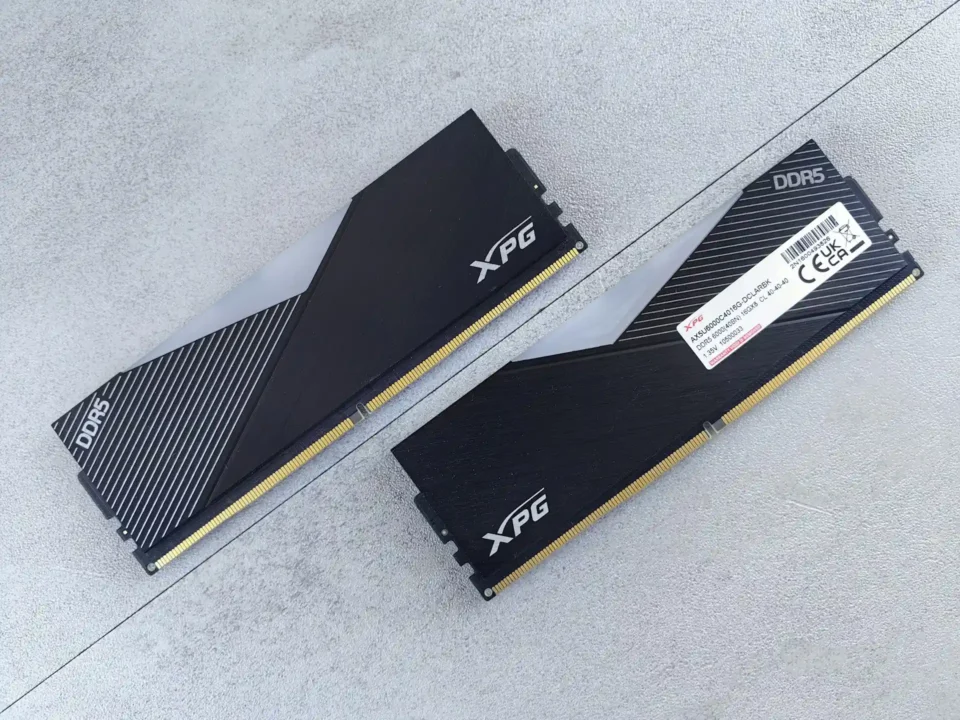Understanding Firewalls: Your Ultimate Guide

11 Tips to Speed Up Your Windows Computer
June 19, 2024
Top 10 Common Cyber Threats in 2024 and How to Avoid Them
August 26, 2024What is a Firewall?
A firewall is a critical component of network security, acting as a barrier between a trusted internal network and untrusted external networks, such as the Internet. The primary function of a firewall is to monitor and control incoming and outgoing network traffic based on predetermined security rules. Essentially, a firewall establishes a protective barrier that prevents unauthorized access to or from private networks.
There are two main types of firewalls: hardware firewalls and software firewalls. Hardware firewalls are physical devices that act as a gateway between your network and external networks. They are often used by businesses and large organizations to protect their networks. Software firewalls, on the other hand, are programs installed on individual computers that regulate traffic through port numbers and applications. These are commonly used in personal and small business settings.
Why Do You Need a Firewall?
The necessity of a firewall in today’s digital landscape cannot be overstated. Here are several reasons why you need a firewall:
- Protection from External Threats: Firewalls prevent unauthorized users from accessing your network from the outside. This includes hackers attempting to gain access to sensitive information.
- Control Over Network Traffic: Firewalls allow you to set rules for the traffic entering and leaving your network. This can help manage bandwidth usage and ensure that only legitimate traffic is allowed.
- Safeguarding Sensitive Data: By blocking unwanted and malicious traffic, firewalls help protect sensitive data from being intercepted or stolen.
- Preventing Cyber Attacks: Firewalls can block various types of cyber attacks, such as Distributed Denial of Service (DDoS) attacks, which can overwhelm and disable a network.
- Monitoring Network Activity: Firewalls log and monitor network activity, providing valuable data that can be used to detect and respond to suspicious behavior.
How to Maintain a Firewall
Maintaining a firewall is crucial to ensure it continues to protect your network effectively. Here are some key practices for maintaining a firewall:
- Regular Updates: Ensure that your firewall software and hardware are regularly updated to protect against the latest threats. Manufacturers frequently release updates that address newly discovered vulnerabilities.
- Review and Update Rules: Periodically review the firewall rules and policies to ensure they are still relevant and effective. As your network evolves, your firewall rules should too.
- Monitor Logs: Regularly review the logs generated by your firewall to identify any unusual activity. This can help in early detection of potential security breaches.
- Conduct Audits: Perform regular security audits to ensure that your firewall is configured correctly and is effectively protecting your network.
- Backup Configurations: Maintain backups of your firewall configurations. This can be useful in quickly restoring the firewall in case of failure or misconfiguration.
- Training and Awareness: Ensure that your IT staff are well-trained in firewall management and understand the importance of maintaining a secure network environment.
Why It Is Important for Your Firewall to Be Turned On All the Time
Having your firewall turned on at all times is critical for several reasons:
- Continuous Protection: Cyber threats can occur at any time. A firewall that is always active ensures that your network is continuously protected from potential intrusions and attacks.
- Instant Response to Threats: An always-on firewall can immediately block suspicious or malicious traffic, preventing potential damage to your network.
- Compliance Requirements: Many industries have regulatory requirements that mandate the use of firewalls as part of their cybersecurity measures. Keeping your firewall active ensures compliance with these regulations.
- Reduced Risk of Data Breaches: Data breaches can be costly and damaging to an organization’s reputation. An active firewall helps mitigate the risk of data breaches by blocking unauthorized access.
- Peace of Mind: Knowing that your network is protected around the clock provides peace of mind and allows you to focus on other aspects of your business.
Additional Information
Types of Firewalls
Firewalls can be categorized based on their architecture and functionality:
- Packet-Filtering Firewalls: These firewalls examine packets and allow or block them based on predefined rules. They operate at the network layer and are efficient but cannot inspect the contents of packets.
- Stateful Inspection Firewalls: These firewalls track the state of active connections and make decisions based on the state and context of traffic. They offer better security compared to packet-filtering firewalls.
- Proxy Firewalls: These act as intermediaries between end-users and the services they access. They can inspect and filter application-level traffic, providing a higher level of security.
- Next-Generation Firewalls (NGFW): These combine traditional firewall functionality with advanced features such as intrusion prevention, deep packet inspection, and application awareness. They provide comprehensive protection against modern threats.
Firewalls in a Modern Security Strategy
In the context of a broader cybersecurity strategy, firewalls play a vital role but should not be the sole line of defense. Here are some complementary measures:
- Antivirus and Anti-Malware: Use antivirus and anti-malware solutions to protect against malicious software that may bypass the firewall.
- Intrusion Detection and Prevention Systems (IDPS): These systems can detect and respond to suspicious activities that the firewall may miss.
- Encryption: Encrypt sensitive data to protect it from being intercepted during transmission.
- Regular Patching and Updates: Keep all systems and software up to date to protect against known vulnerabilities.
- User Education: Educate users about safe online practices and the importance of following security protocols.
Conclusion
A firewall is an indispensable tool in the arsenal of network security. It provides a robust defense against a myriad of cyber threats, ensuring the safety and integrity of your data and network. By understanding what a firewall is, why it is necessary, how to maintain it, and the importance of keeping it active at all times, you can significantly enhance your overall security posture. In an era where cyber threats are increasingly sophisticated and prevalent, a well-maintained firewall is a crucial component of any comprehensive cybersecurity strategy.




